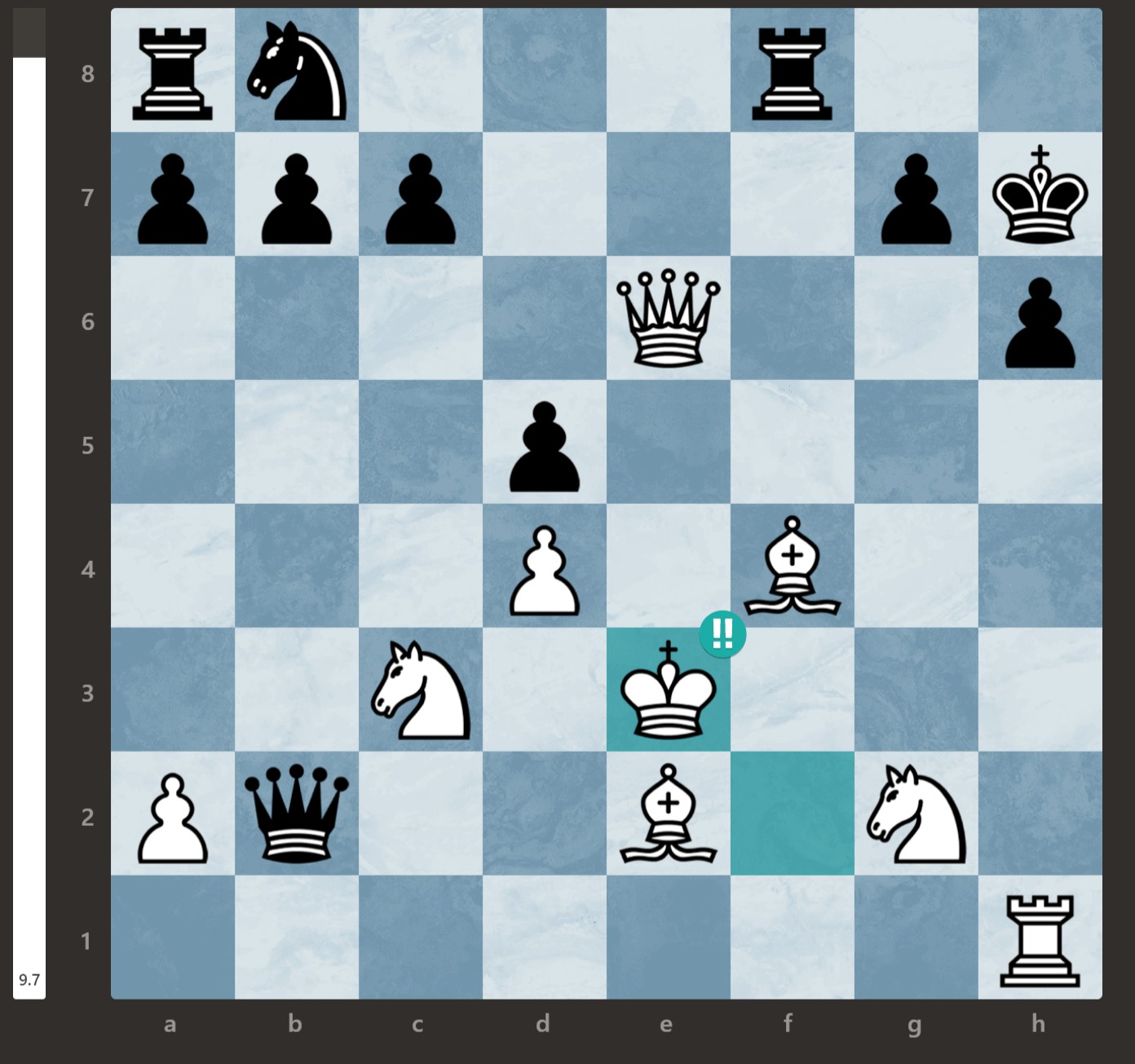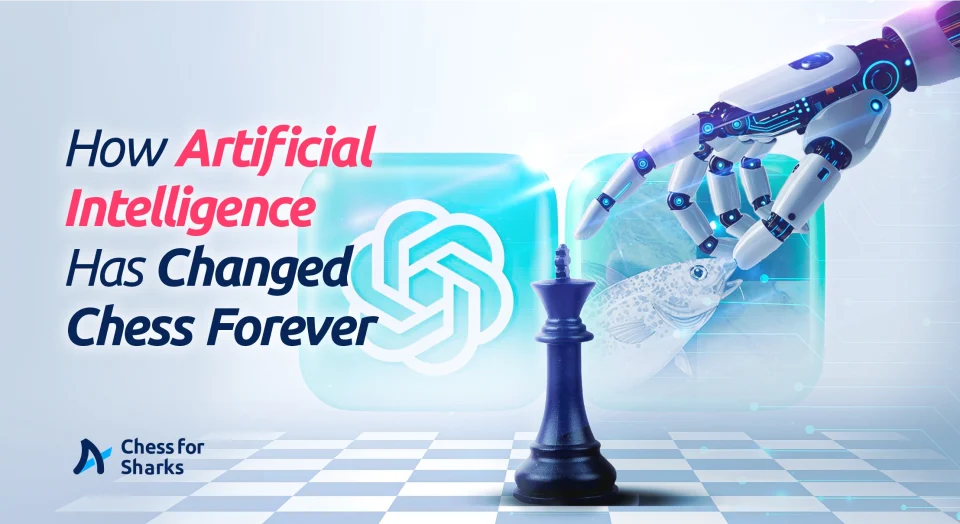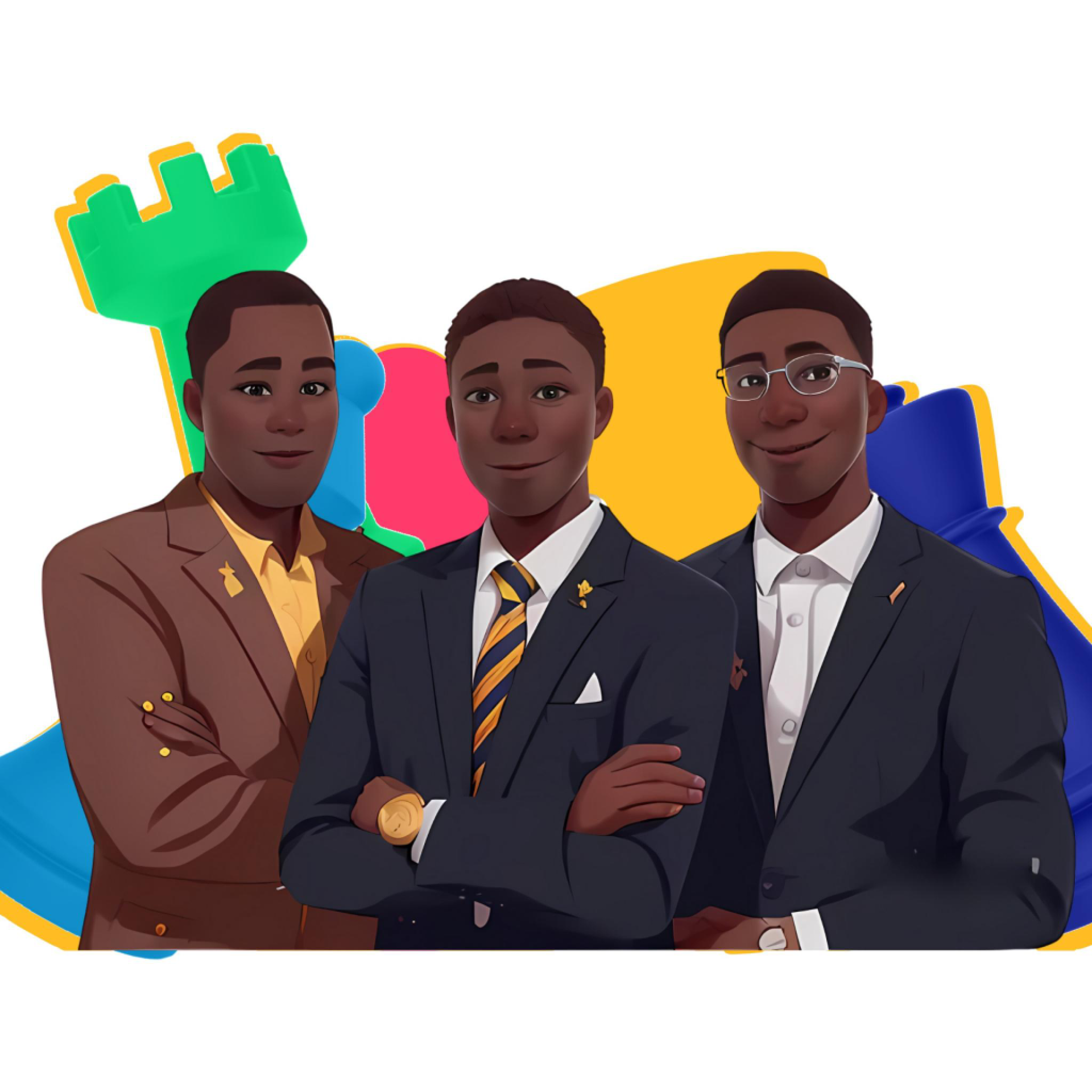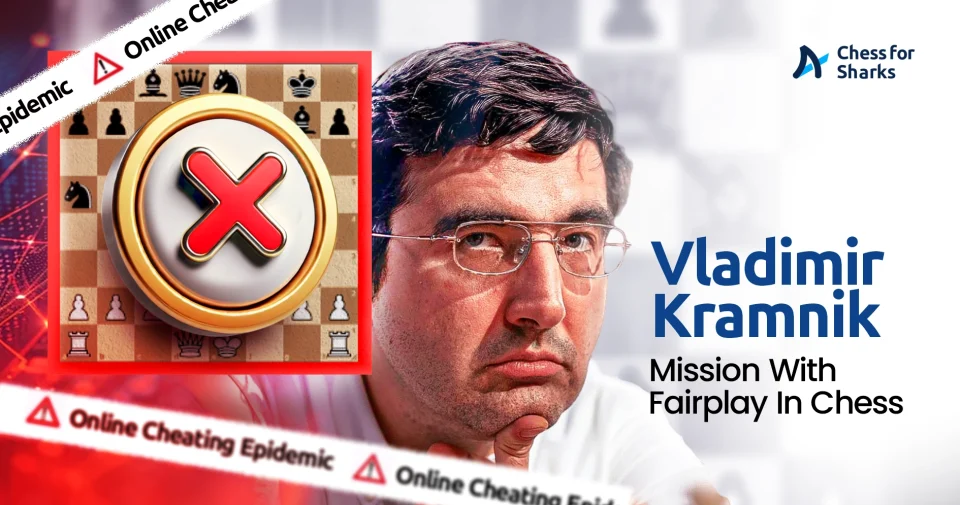For centuries, chess was the ultimate test of human intellect. Players studied books, memorized openings, and relied on intuition honed over years.
Then came artificial intelligence, and suddenly the game entered a new age.
Today, computers are stronger than any human, and their influence has reshaped how chess is played, studied, and even understood.
The First Breakthrough: Deep Blue vs. Kasparov
The world first realized the power of computers in 1997, when IBM’s Deep Blue defeated Garry Kasparov, the reigning world champion.
It was a shock. Many believed humans would always remain superior in strategy and creativity. That match proved otherwise.
While Deep Blue relied on brute-force calculations, it demonstrated that computers could compete and win at the highest level.
Kasparov vs. Deep Blue
Kasparov’s loss did not kill human chess. Instead, it marked a turning point. Players began to see computers not as rivals, but as tools to sharpen their play.
The Rise of Strong Chess Engines
After Deep Blue, chess engines like Fritz, Shredder, and Rybka emerged. They were far stronger than any human and available to the public.
For the first time, amateurs and professionals could analyze games with precision that had never been seen before.
Suddenly, mistakes became easier to spot, and opening novelties could be tested instantly.
Today, Stockfish and Komodo are among the strongest classical engines.


They evaluate millions of positions per second, giving players insights into lines humans would never consider.
A move that looks strange to the human eye may be the engine’s top choice. This changed how players think about the game.
AlphaZero: A New Way of Playing
The biggest shock after Deep Blue came in 2017.
Google’s DeepMind introduced AlphaZero, an AI program that learned chess without human input.
Unlike traditional engines, AlphaZero was not fed millions of games. It learned by playing against itself, starting with only the rules of the game.

After a brief period of training, AlphaZero crushed Stockfish in a match. Its style amazed everyone.
It employed a bold approach, sacrificing material for long-term pressure and dynamic activity.
This was not the cold, mechanical style people associated with machines. It looked creative, even artistic.
Many grandmasters admitted that AlphaZero played chess in a way they had never imagined.
How AI Changed Opening Preparation
Before engines, opening theory was shaped by decades of human play. Now, top players prepare by checking engine lines.
With AI, players can explore sidelines once thought inferior and discover hidden resources.
This has made elite chess more accurate but also more difficult. Players cannot rely only on surprise.
Their opponents have already checked every major opening with engines. As a result, preparation has become deeper and more specialized.
There are even arguments that openings are becoming “solved” to the point where mistakes are rare at the top.
Training and Improvement with AI
Engines are not only for professionals. Club players worldwide use AI to train daily.
Websites like Chess.com and Lichess integrate Stockfish directly into their analysis boards.
Players can instantly review mistakes, check better moves, and study with clarity.
Databases powered by AI also make studying master games easier.
Instead of relying on books alone, players now have access to precise evaluations that explain why a move works.
This has sped up learning for new players in ways unimaginable some decades ago.
Detecting Cheating in Online Chess
While AI has boosted training, it has also created problems. The biggest one is cheating.
With engines so powerful, it is easy for dishonest players to consult them during online games.
Platforms have and still continue to fight back with AI-powered anti-cheating systems.
Chess.com, Lichess, and FIDE Online Arena use statistical models and behavior tracking to catch suspicious play.
Moves are compared against engine suggestions, and play patterns are analyzed to catch cheaters.
While no system is perfect, these measures have helped maintain fairness in online chess.
AI in Commentary and Fan Experience
Artificial intelligence is not just for players. Fans also benefit from it. Modern chess broadcasts display live engine evaluations, giving viewers a clear picture of who is winning.
The “evaluation bar” that swings between white and black has become a familiar sight.

Commentators and chess streamers use engine lines to explain critical moments.
This makes broadcasts more engaging and allows casual fans to follow complex games. Without AI, explaining complex tactics in real-time would be much harder.
Has AI Made Chess Too Perfect?
One common question is whether AI has made chess less exciting.
With engines guiding preparation, elite games sometimes appear lifeless, ending in draws after precise play.
Yet AI has also opened doors to more creative strategies, like AlphaZero’s sacrifices and aggressive play.
For amateurs, chess remains as unpredictable and thrilling as ever.
Humans make mistakes, and engines help them learn from those mistakes. Instead of killing creativity, AI has redefined what creativity means in chess.
The Future of Chess with AI
Looking ahead, AI will remain central to chess. Engines will continue to improve, perhaps moving closer to solving the game entirely.
Training tools will become more personalized, guiding players based on their unique strengths and weaknesses.
At the same time, anti-cheating technology will need to evolve. As engines become more accessible, detecting unfair play will remain a challenge.
But one thing is certain: AI has permanently changed chess. It has made the game deeper, more precise, and more global.
What was once reserved for grandmasters in elite tournaments is now available to millions of players worldwide.
Conclusion
Artificial intelligence did not destroy chess. It transformed it. From its inception to date, AI has pushed chess into a new era.
Today, every player, from beginner to world champion, feels its influence.
Chess is still about humans sitting across the board, making choices under pressure.
But behind every move, AI whispers new ideas, new possibilities, and new ways of thinking.
Chess will never be the same, and that is what makes it more fascinating than ever.







join the conversation